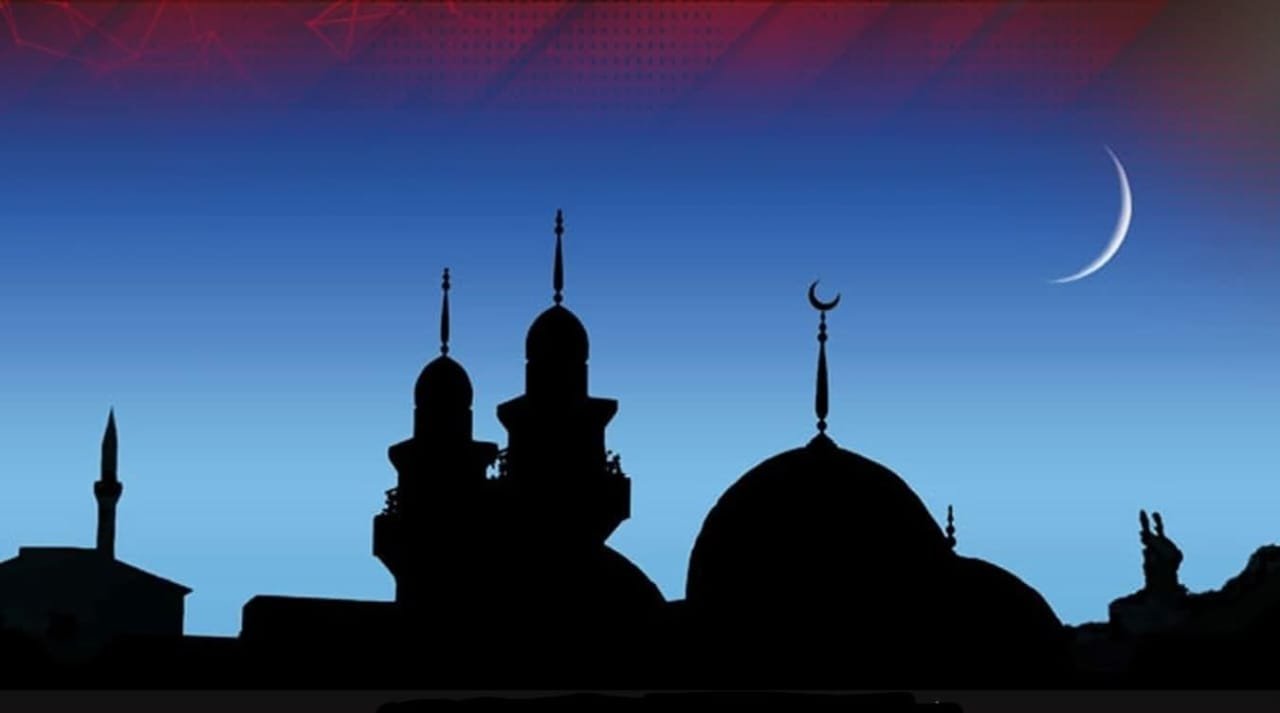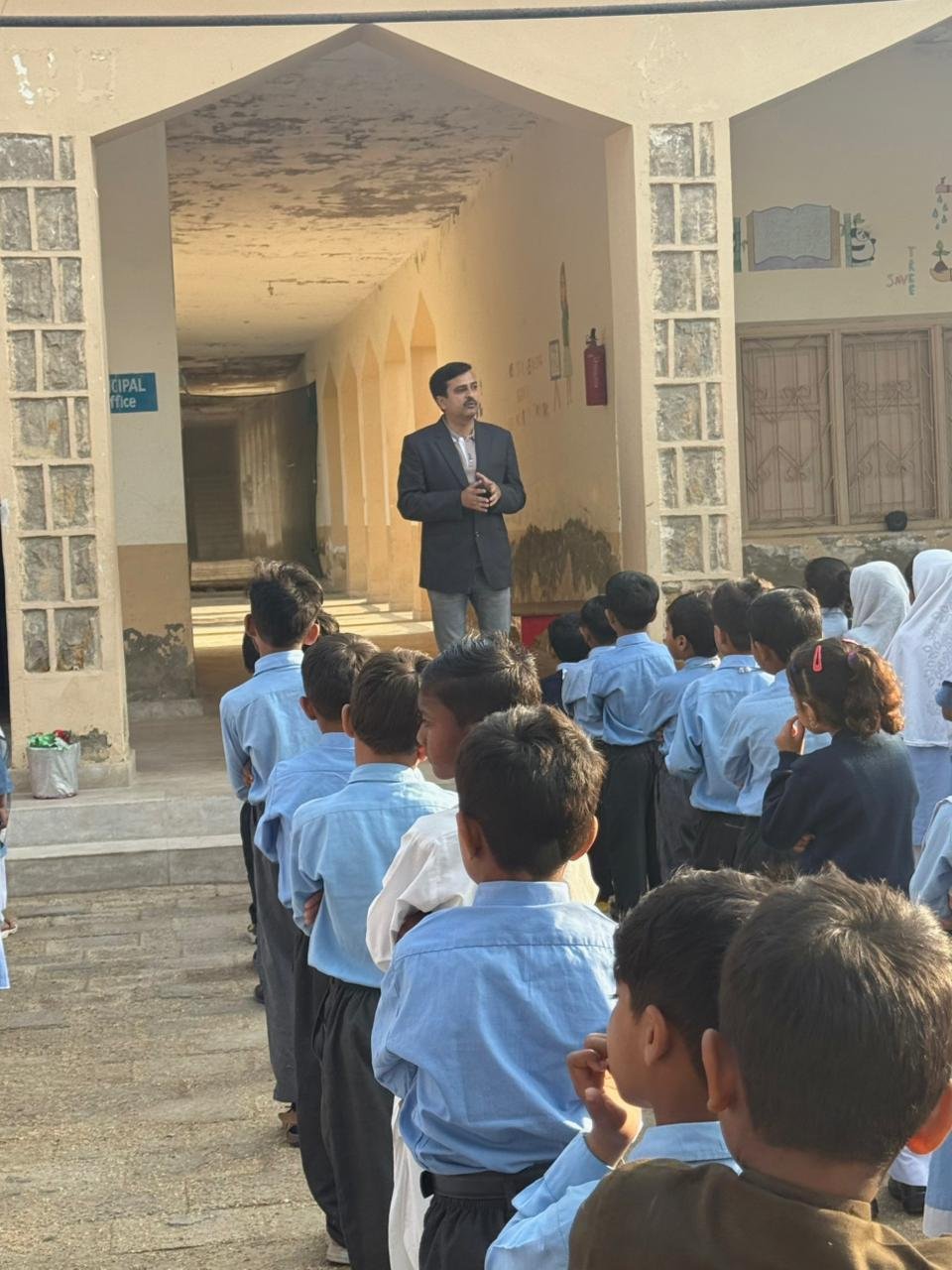The gruesome killing of nine innocent passengers in Balochistan’s Loralai district has shaken the nation once again, serving as a chilling reminder of the challenges Pakistan continues to face in securing peace within its borders. The victims targeted solely for their Punjabi origin were pulled from buses in the Sardhaka area near the Loralai Zhob border on Thursday night, checked for their identification, and then mercilessly gunned down. Such savagery, claimed by the banned Balochistan Liberation Front (BLF), exposes the terrifying depths of ethnic hatred and violent separatism still afflicting the province.
Among the victims were two brothers, Usman and Jabir, who were travelling with their family to attend their father’s funeral. Instead of participating in the last rites, their own lives were cruelly taken away. Their story shared widely on social media by their surviving brother Sabir, captures the unimaginable grief and horror that this attack has inflicted on families across Punjab. Of the nine victims, seven have been identified hailing from cities such as Lodhran, Dera Ghazi Khan, Gujrat, Attock, Khanewal, and Gujranwala, while two remain unidentified due to a lack of documentation.
The sheer brutality of this massacre is not just an attack on individual lives but an assault on the fabric of Pakistani unity. According to official statements, the terrorists, affiliated with what has been termed “Fitna al-Hindustan,” were allegedly acting under the ideological or material support of hostile foreign elements, with India being directly blamed by top officials. Government spokespersons, including President Asif Ali Zardari and Prime Minister Shehbaz Sharif, have described this act as part of a broader conspiracy to destabilize Pakistan and foment ethnic divisions.
While the use of such terminology “Fitna al-Hindustan” reflects a strong rhetorical and political position by the state, it also raises serious questions about internal security and counterterrorism effectiveness. If these groups, regardless of external backing, can block highways and carry out targeted killings in broad defiance of state authority, then clearly, much remains to be done to secure the country’s troubled western frontier.
Condemnations poured in from across the political spectrum. President Zardari termed the act “barbaric” and reaffirmed the government’s commitment to eliminate such threats. Prime Minister Shehbaz Sharif vowed that the blood of the innocent would not go in vain and that the state would use full force to punish the perpetrators. Interior Minister Mohsin Naqvi labelled the attackers as “India-sponsored terrorists,” promising to pursue them relentlessly. Balochistan Chief Minister Sarfraz Bugti echoed these sentiments, condemning the massacre as “unforgivable” and vowing no haven for the culprits.
Yet, words alone are not enough. This tragedy should serve as a turning point for a more decisive, unified, and transparent national security response. It is imperative for security agencies to not only identify and eliminate the operatives behind such attacks but also to dismantle the networks both ideological and logistical that sustain them. This includes addressing the root causes of alienation in Balochistan, which are often exploited by extremist elements, foreign or domestic.
Moreover, public communication must be handled with care. While naming foreign conspiracies may reflect the geopolitical reality, it is also essential to maintain internal harmony and prevent further ethnic polarization. The victims of this attack were ordinary citizens laborers, travelers, sons and brothers cut down while trying to return to their families. Their lives must not become pawns in a narrative that oversimplifies a deeply complex issue.
This heinous act was not just a crime against Punjabis; it was a crime against all Pakistanis. It is a national tragedy, and it demands a national response firm, intelligent, and compassionate. The state must now show through actions, not just rhetoric, that it stands ready to protect every citizen, from the mountains of Balochistan to the plains of Punjab. Only then can we honor the memory of those we have lost and prevent such horrors from recurring.







 Today's E-Paper
Today's E-Paper